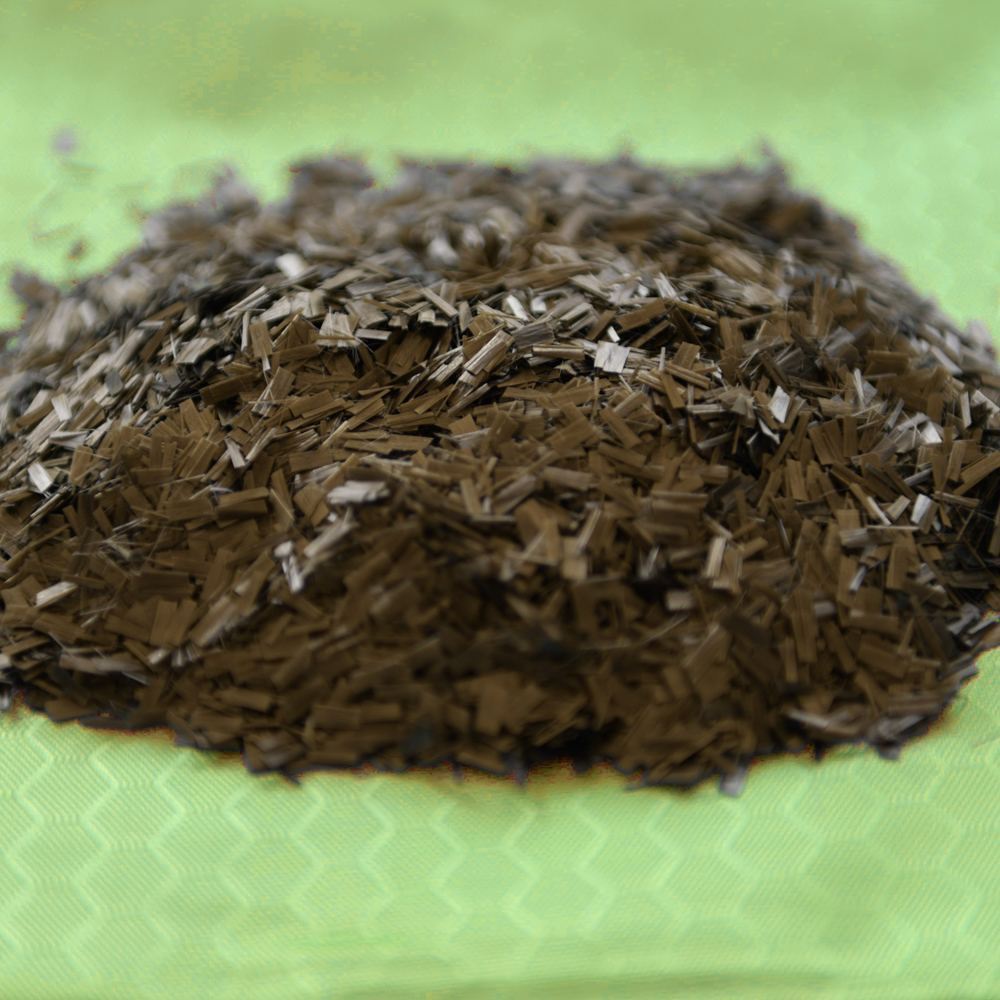Table of Contents
Benefits of Using Basalt Fiber Composite Materials for Pavements
Basalt fiber composite materials have gained popularity in recent years due to their numerous benefits and applications. One of the key areas where basalt fiber composites are being used is in the construction of pavements. These materials offer a range of advantages over traditional pavement materials, making them an attractive option for infrastructure projects.
One of the primary benefits of using basalt fiber composite materials for pavements is their high strength-to-weight ratio. Basalt fibers are known for their exceptional tensile strength, which makes them ideal for reinforcing pavements and increasing their durability. This strength allows basalt fiber composites to withstand heavy loads and traffic, reducing the need for frequent repairs and maintenance.
In addition to their strength, basalt fiber composites are also highly resistant to corrosion and chemical damage. This makes them an excellent choice for pavements in areas with harsh weather conditions or exposure to corrosive substances. By using basalt fiber composites, infrastructure projects can enjoy a longer service life and reduced maintenance costs.

Another advantage of basalt fiber composite materials for pavements is their flexibility and ease of installation. These materials can be easily molded and shaped to fit the specific requirements of a pavement project, allowing for greater design flexibility and customization. Additionally, basalt fiber composites are lightweight, making them easier to transport and handle during construction.
Furthermore, basalt fiber composites are environmentally friendly materials that offer sustainable solutions for pavement construction. Basalt fibers are derived from natural volcanic rock, making them a renewable resource that can be mined and processed with minimal environmental impact. By using basalt fiber composites, infrastructure projects can reduce their carbon footprint and contribute to a more sustainable built Environment.
In terms of cost-effectiveness, basalt fiber composite materials offer long-term savings for pavement projects. While the initial cost of using basalt fiber composites may be higher than traditional materials, the durability and longevity of these materials result in lower maintenance and replacement costs over time. This can Lead to significant cost savings for infrastructure projects in the long run.
Overall, basalt fiber composite materials offer a range of benefits for pavements, including high strength, corrosion resistance, flexibility, sustainability, and cost-effectiveness. These materials are becoming increasingly popular in the construction industry due to their superior performance and durability. By choosing basalt fiber composites for pavement projects, infrastructure Developers can ensure the longevity and quality of their projects while also contributing to a more sustainable built environment.
How Basalt Fiber Composites Improve Pavement Durability and Longevity
Basalt fiber composite materials have been gaining popularity in the construction industry due to their exceptional strength and durability. These materials are made from basalt rock, which is melted and then spun into fibers that are woven together to create a strong and lightweight composite material. One area where basalt fiber composites have shown great promise is in the construction of pavements.
One of the key benefits of using basalt fiber composites in pavements is their high tensile strength. This means that they can withstand heavy loads and resist cracking and deformation over time. Traditional pavement materials like concrete and asphalt are prone to cracking and deterioration due to factors like temperature changes, heavy traffic, and moisture. Basalt fiber composites, on the other hand, are much more resistant to these factors, making them an ideal choice for pavements that need to withstand heavy use and harsh environmental conditions.
In addition to their high tensile strength, basalt fiber composites also have excellent fatigue resistance. This means that they can withstand repeated loading and unloading without experiencing significant damage. This is particularly important for pavements, which are constantly subjected to the weight of vehicles passing over them. By using basalt fiber composites in pavements, engineers can ensure that the pavement will maintain its structural integrity and smooth surface for a longer period of time.
Another advantage of basalt fiber composites is their low maintenance requirements. Traditional pavement materials often require frequent repairs and maintenance to keep them in good condition. This can be costly and time-consuming, especially for large pavement projects. Basalt fiber composites, on the other hand, are much more durable and require less maintenance over time. This can result in significant cost savings for municipalities and other organizations responsible for maintaining pavements.
Furthermore, basalt fiber composites are also environmentally friendly. Basalt rock is a naturally occurring material that is abundant in many parts of the world. Unlike traditional pavement materials like concrete and asphalt, which require the extraction of natural resources and the production of large amounts of greenhouse gases, basalt fiber composites have a much lower environmental impact. By using these materials in pavements, engineers can reduce their carbon footprint and contribute to a more sustainable construction industry.
| Serial Number | Article Name |
| 1 | basalt fiber |
Overall, basalt fiber composites offer a number of advantages for pavements. Their high tensile strength, fatigue resistance, low maintenance requirements, and environmental friendliness make them an attractive choice for engineers looking to improve the durability and longevity of pavements. By incorporating basalt fiber composites into pavement projects, municipalities and other organizations can create pavements that are stronger, longer-lasting, and more sustainable. As the construction industry continues to evolve, basalt fiber composites are likely to play an increasingly important role in the development of durable and resilient infrastructure.

